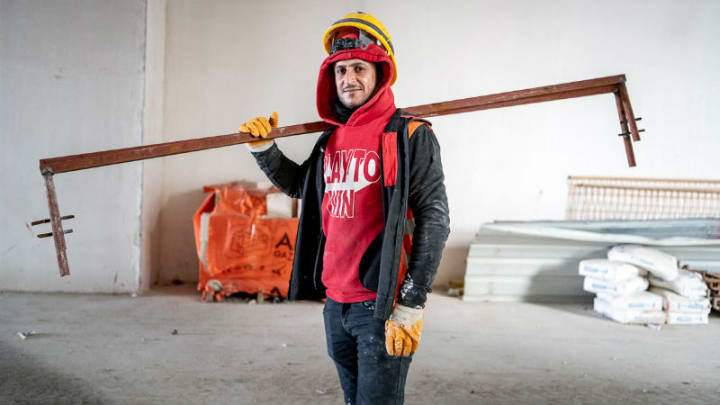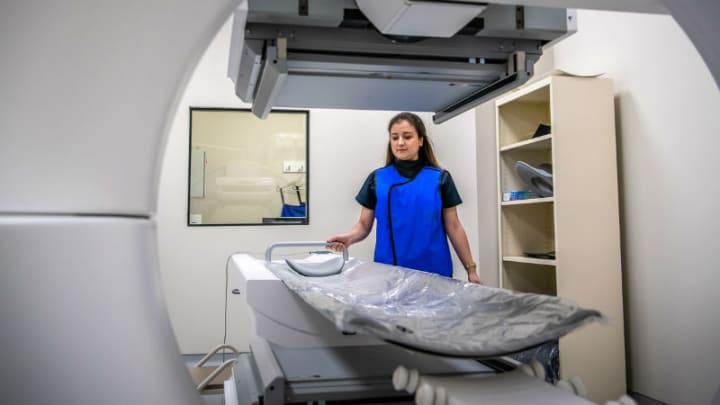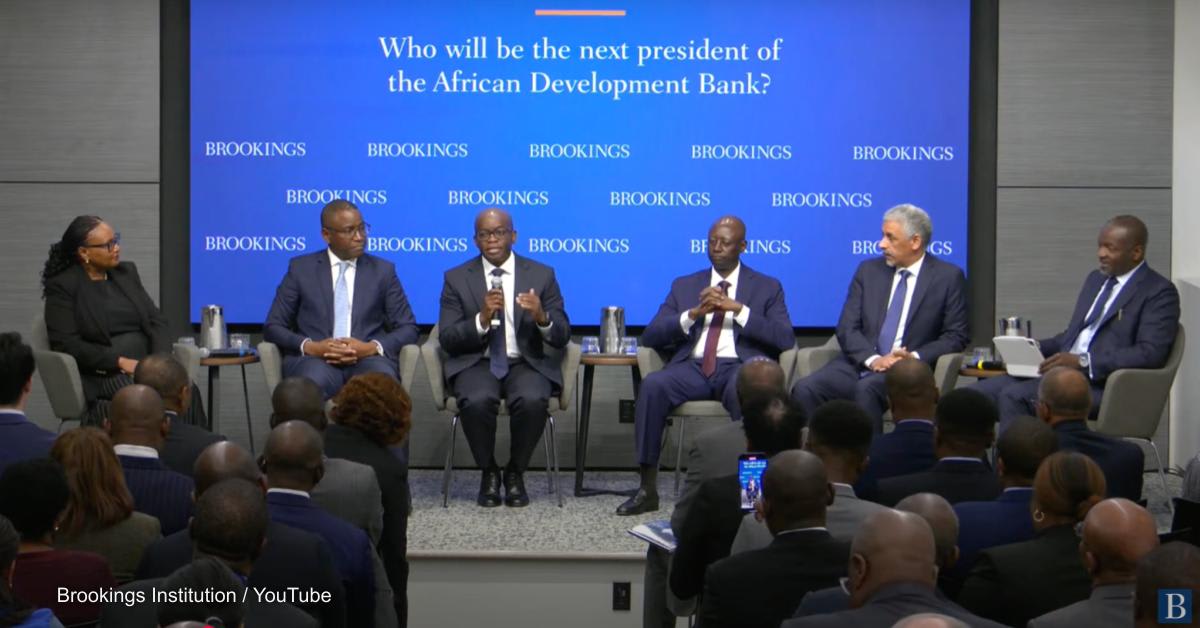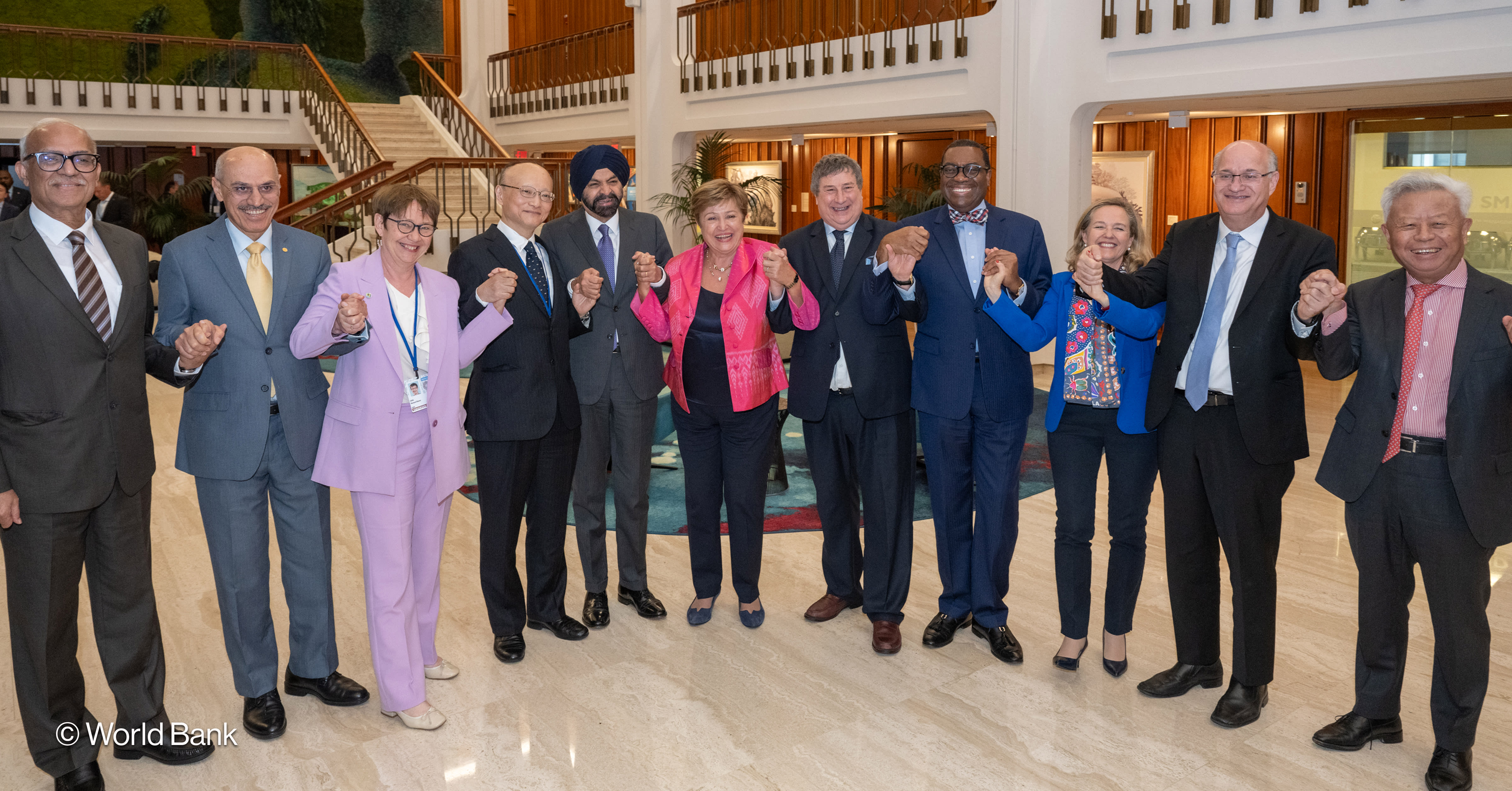
If we are ever going to tackle the current funding gap and achieve the Sustainable Development Goals, we must rethink how we finance development.
The world’s strongest economies alone cannot resolve global development challenges; the current investment gap of developing countries is estimated at a staggering $2.5 trillion each year.
To close this gap, new sources of finance need to be tapped, such as global capital markets. For this to work, however, new types of development projects are required — projects that operate at the nexus of financial viability and development impact. Additionally, there is a need to create the right enabling environment to make markets work for development; they need to be dynamic, inclusive, and sustainable.
Islamic Development Bank's rebrand focuses on partnerships, innovation
The Islamic Development Bank revealed a rebrand, with insiders saying they want to be seen as "more than a bank of businessmen, but a bank of developers."
The biggest potential driver of short- and long-term development is the private sector, and as president of the Islamic Development Bank, I am advocating for a paradigm shift in the development community — one that places utmost importance on the value of unlocking private finance.
Governments facing severe budget constraints must seek to establish regulations that enable all economic agents in the market — both public and private — to play a role in development. And the wider global development community must work harder to engage the private sector in recognition of its vital role as an engine of growth and investment.
The 57 Islamic Development Bank members, all of which are developing countries, are facing huge budgetary constraints. Before the global financial crash between 2004-2008, the total budget balance of all member countries was in surplus of 3.8 percent of gross domestic product on average, according to the bank. Between 2013-2017, however, this has turned into a deficit of 3.5 percent of GDP.
We should, therefore, look to the private sector, where efficiencies and economies of scale are made, and transfer this knowledge and expertise to the public sector, in particular to global infrastructure projects in our member countries.
Well-designed public-private partnerships usually lead to higher socioeconomic returns compared to the traditional model of public procurement. Improved selection and implementation, greater efficiency, and better maintenance are some of the key advantages of PPP projects, in addition to bringing in private capital to reduce the infrastructure finance gap required to achieve the SDGs.
From our first PPP Forum in Riyadh, Saudi Arabia, in 2017, the Islamic Development Bank has been supporting our member countries in enhancing the role of the private sector economic and social development.
Our key beneficiary member countries for PPPs are Morocco, Saudi Arabia, Turkey, Pakistan, and Qatar. Of the PPP projects underway or recently completed, more than half are in Middle Eastern countries, with 20 percent in South Asia and the Pacific, 19 percent in North Africa and 5 percent in Sub Saharan Africa. The sectors for which we’ve put PPPs to work include utilities, financial, material, energy, petrochemical, and health care.

There are several success stories of IsDB financing for PPPs — one being the expansion and rehabilitation of the Jorf Lasfar Port project for Office Chérifien des Phosphates in Morocco, for which the IsDB approved $150 million in financing.
The project was completed at the end of September 2017 and has already had several important and significant development impacts for Morocco. Total shipments from the port have almost doubled, jumping from 10 million tons to about 17.6 million tons, while the number of ships discharging from the port increased from 571 to 686 vessels. More than 200 jobs were created directly by the project.
None of this would have been possible without this collaboration between the public and private sectors, with these two streams of complementing each other to meet the global infrastructure finance gap.
To help build on this enabling environment, IsDB has also played an influential role in helping to shape PPP legislation in Morocco. Under the Arab Financing Facility for Infrastructure’s Technical Assistance Facility, IsDB assisted in the preparation of the executive decree to the law on PPP in Morocco.
PPP financing enables competitive advantage, higher quality, and efficiency. Importantly, it reduces the burden on state budgets to complete investment-intensive development and infrastructure projects, optimizing the distribution of risks between the two sectors.
At the Islamic Development Bank, we urge international governments to enhance private sector inclusiveness to support revenue-based infrastructure through PPPs. This will be critical in the future to maximize development impact.








